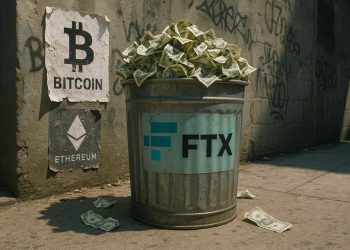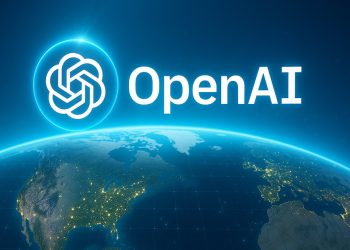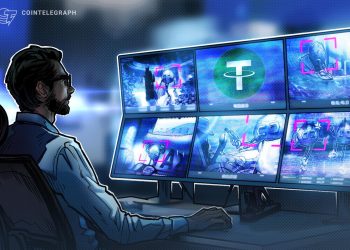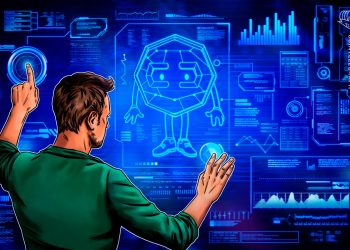When I started working in the intensive care unit of a cancer hospital, I didn’t know what to make of the horror stories of patients in their 30s and 40s. There was a young father with colon cancer. A recent college graduate with an aggressive malignancy that had destroyed her jaw and airway. An aspiring journalist with breast cancer that had spread to her lungs.
Late at night, I’d suddenly feel suspicious of every random stomach pain or twinge in my shoulder. I told myself that those patients were not the norm. I was in my 30s, and the overwhelming likelihood was that I was safe.
That is still true, although perhaps youth is less protective than I thought. The rates of what is termed early-onset cancer — cancer diagnosed in those under 50 — are rising. While the overall numbers remain relatively small, these cancers tend to be aggressive. The average person reading the headlines about this may wonder how worried to be and what, if anything, they can do to diminish their risk.
These questions come at a precarious time for science. There is a troubling possibility that the amount and quality of American research will decline over the next four years. But it seems early-onset cancer is an arena in which the interests of the health secretary, Robert F. Kennedy Jr., align with scientific priorities. After all, this is about chronic illness that may be at least somewhat linked to consumption of ultra-processed foods and an unhealthy lifestyle. If Mr. Kennedy truly wants to make America healthy again, perhaps he should forgo pointless investigations into whether vaccines cause autism, and focus here instead.
Here’s what we know: Rising cancer diagnoses among younger adults are not attributable solely to increased or earlier screening. The increase is widespread across the U.S. population and across different cancer types, which suggests that the trend is related to what Dr. Shuji Ogino, a pathologist and epidemiologist at Brigham and Women’s Hospital, calls “societal exposure over decades.” That is to say, we are all being exposed to factors that are increasing our cancer risk, not just at one point in time, but repeatedly over years.
As a result, Dr. Ogino’s research shows that each successive generation is more likely to be diagnosed with cancer at a younger age than the one before it. So I am more likely to have a cancer diagnosis in my 40s than my parents were in their 40s.
Researchers point to multiple potential causes, many of which are related to one another and hard to parse. Unhealthy diets that promote inflammation and cancer are one possibility. There’s also increasing data that suggests chronic alcohol use can cause damaging changes to DNA that can lead to cancer. The rise in sedentary lifestyles and related obesity may have a role. There are concerns over people’s exposures to chemicals in plastic products, though the data remains meager.
This isn’t a problem that can be solved by avoiding plastic cups. This is about aggregate behavior and exposure. Every cancer diagnosis is the result of many factors — not just junk food or environmental toxins, but also genetics and bad luck. Trying to determine which personal choice to make is deeply confusing. Which is why Americans and the medical community need rigorous scientific research to guide us.
That is where Mr. Kennedy could step in. Rather than maligning vaccines and crippling health and research agencies through mass layoffs, he could take on early-onset cancer. If this rise in cancer is truly a reflection of an unhealthy nation, what precise exposures are at fault, and how are they leading to cancer? Solving those questions would help more than just young people. They pertain to cancer that is found in people at all ages and likely to other chronic diseases more broadly.
There are also big questions to tackle around the risks and benefits of cancer screening. Doctors recommend screening for breast cancer starting at age 40 and screening for colorectal cancer starting at age 45 for those at average risk. The number of people who follow that advice is exceedingly low, though. Less than 20 percent of people age 45 to 49 are up to date with their colorectal cancer screening. Some people struggle to get time off from work. Others worry about the costs. Researchers are still debating the optimal age for screening. More research on that and on how to make testing more accessible, without causing undue anxiety or unnecessary testing, is increasingly needed.
A large-scale federal effort on early-onset cancer would test this administration’s ability to meaningfully improve our health. It makes sense for the government to fund this kind of work, as the private sector and pharmaceutical industry have little financial incentive to do so.
“We just don’t know enough about why we are seeing these troubling trends, and the work that has to be done requires dedicated resources,” said Dr. Andrew Chan, a gastroenterologist at Massachusetts General Hospital who is a leading researcher of early-onset colorectal cancer. “Only with focused research will we be able to come up with answers that will allow us to develop a better sense of how we reverse what has the potential to become an epidemic.”
There’s also an opportunity to build trust by showing Americans that its leaders are making a genuine effort to find answers to these vexing issues. Right now all people have are their personal choices, which is not an acceptable response to a population-level problem.
Even for someone who has the resources, it is so hard to make choices that are aligned with our best interests. I put off my own mammogram for about a year, at first because I had recently had a child, and then because I was scared of what it might find. Shortly after I finally was scanned, I received a letter in my electronic record telling me that the radiologists had seen something suspicious. I needed to schedule a more elaborate follow-up exam, which then led to a biopsy.
When I received the biopsy results revealing I was cancer-free, I thought to myself: “I’m young and healthy. I knew it would be OK all along.” But of course, I couldn’t know that. None of us can know for sure, which is why we will need science to guide us.
#Opinion #Younger #Adults #Cancer #Kennedy #Answer





















